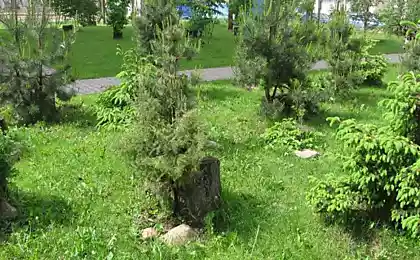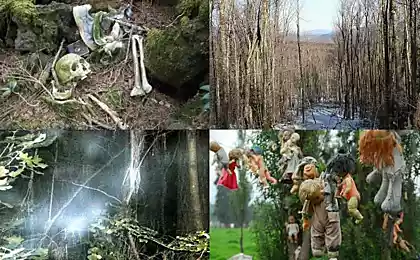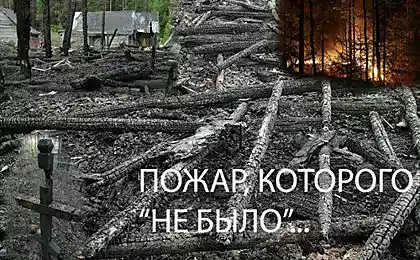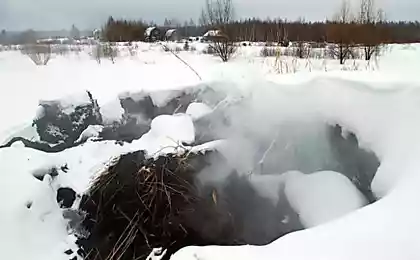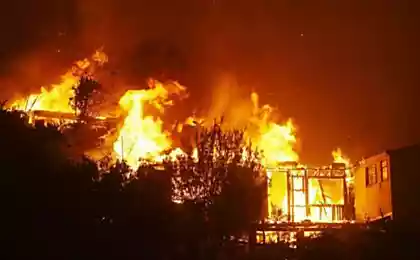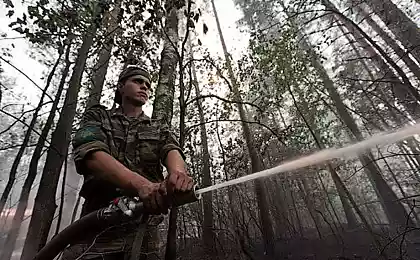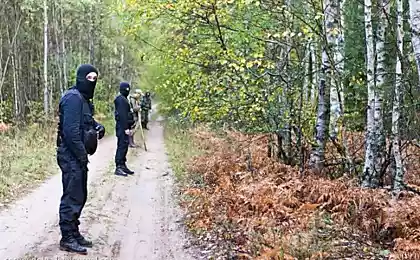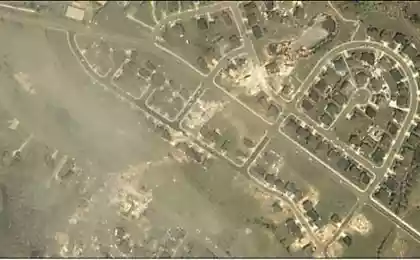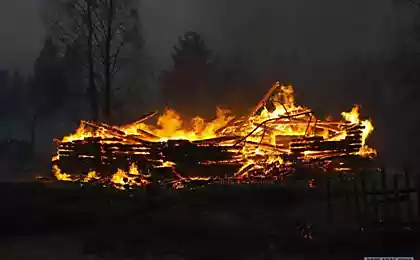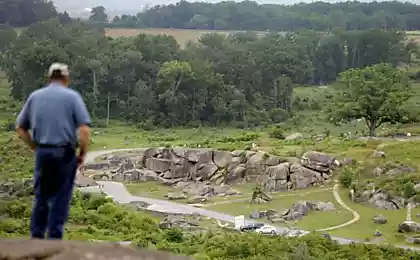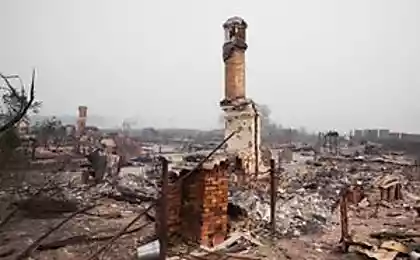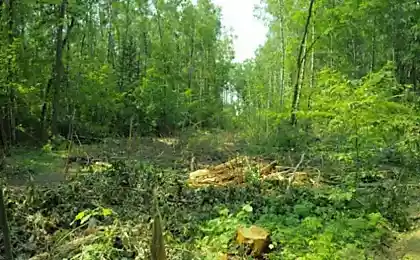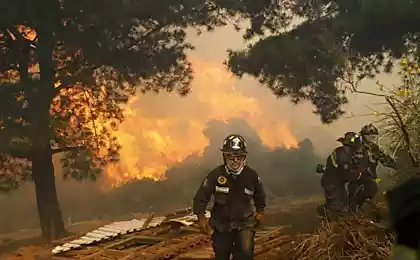475
Forest fires are much more destructive to the environment than was believed until now
According to the calculations of Professor, Stanford University Mark Jacobson, biomass burning much stronger impact on the climate of the Earth, than was considered still.
The research scientist is based on three-dimensional computer model of the impact of biomass burning on the climate. The results suggest that this process, accidental or deliberate, has played a more significant role in climate change and human health. As said Jacobson, "We calculated that 5 to 10 percent mortality of air pollution due to biomass burning. This causes the premature death of about 250 thousand people every year."
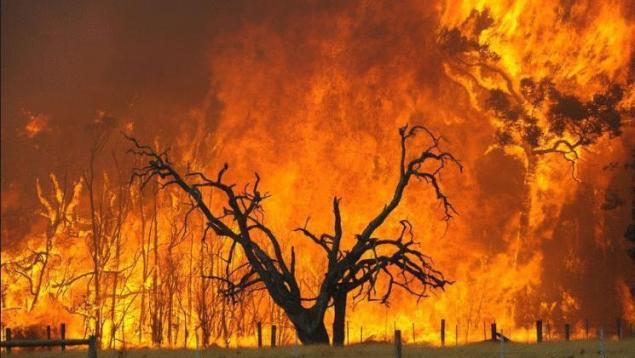
Jacobson believes that, of the 39 billion of all anthropogenic emissions, 18% is forest fires. In addition, a study by Stanford scientist shows that as a result of biomass burning damage is not only against ingress of CO 2 into the atmosphere, but particles of soot and dust, which are called black and brown carbon.
Black and brown carbon particles increase atmospheric warming in three ways. First, they fall into tiny water droplets, which form clouds. During the day, sunlight scatters around the cloud. When sunlight passes through drops that contains black or brown particles, the carbon absorbs the light energy, creating heat and accelerating evaporation of the drops. The carbon particles circulating in the gaps between the droplets also absorb scattered sunlight, turning it into heat. As a result of this scattering, the cloud transmits more sunlight to the earth, contributing to the increase in temperature.
Carbon particles fall on snow and ice. Their black color absorbs sunlight, causing snow and ice melt faster. Jacobson traced the direct exposure to heat from burning of forests and waste recycling. According to his calculations, about seven percent of the total warming, comes from burning biomass. That is, the heat from the fires and burning of agricultural waste, forest products increase the temperature by 0.4 degrees.
In conclusion, the Professor said: "the bottom line is that biomass burning is neither clean nor climate-neutral. If you are serious about solving global warming, you will have to deal with biomass burning, among other things".
Source: nauka24news.ru/
The research scientist is based on three-dimensional computer model of the impact of biomass burning on the climate. The results suggest that this process, accidental or deliberate, has played a more significant role in climate change and human health. As said Jacobson, "We calculated that 5 to 10 percent mortality of air pollution due to biomass burning. This causes the premature death of about 250 thousand people every year."

Jacobson believes that, of the 39 billion of all anthropogenic emissions, 18% is forest fires. In addition, a study by Stanford scientist shows that as a result of biomass burning damage is not only against ingress of CO 2 into the atmosphere, but particles of soot and dust, which are called black and brown carbon.
Black and brown carbon particles increase atmospheric warming in three ways. First, they fall into tiny water droplets, which form clouds. During the day, sunlight scatters around the cloud. When sunlight passes through drops that contains black or brown particles, the carbon absorbs the light energy, creating heat and accelerating evaporation of the drops. The carbon particles circulating in the gaps between the droplets also absorb scattered sunlight, turning it into heat. As a result of this scattering, the cloud transmits more sunlight to the earth, contributing to the increase in temperature.
Carbon particles fall on snow and ice. Their black color absorbs sunlight, causing snow and ice melt faster. Jacobson traced the direct exposure to heat from burning of forests and waste recycling. According to his calculations, about seven percent of the total warming, comes from burning biomass. That is, the heat from the fires and burning of agricultural waste, forest products increase the temperature by 0.4 degrees.
In conclusion, the Professor said: "the bottom line is that biomass burning is neither clean nor climate-neutral. If you are serious about solving global warming, you will have to deal with biomass burning, among other things".
Source: nauka24news.ru/


